
The Taoiseach has claimed that the recognition of a ‘durable relationship’ would not be sufficient to confer family status. However, No campaigners have said the Government cannot know in advance how the courts will interpret “durable relationships” and Children’s Minister Roderic O’Gorman has admitted the same.
Mr Varadkar was speaking at the launch of Fine Gael’s campaign for a Yes-Yes vote in forthcoming referenda on family and on carers.
He said the Govt chose the word ‘durable’ over ‘committed’ or ‘intimate’ relationships, but denied it necessarily implies a family.
“Lots of people have all sorts of durable relationships – business relationships, for example, that might go on for decades. Nobody’s going to be able to drop down to the courts and say that makes them a family.”
This is because there are other tests that are set out in the Constitution already, he said.
“A family must be the natural, primary fundamental unit in society, it must be a moral institution, with inalienable and imprescriptible rights as the necessary basis of social order and indispensable for the welfare of the State,” he said, quoting some Constitutional phrasing.
“So those are the kinds of things the court will have to look at, but the intention, the plan here is very clear.”
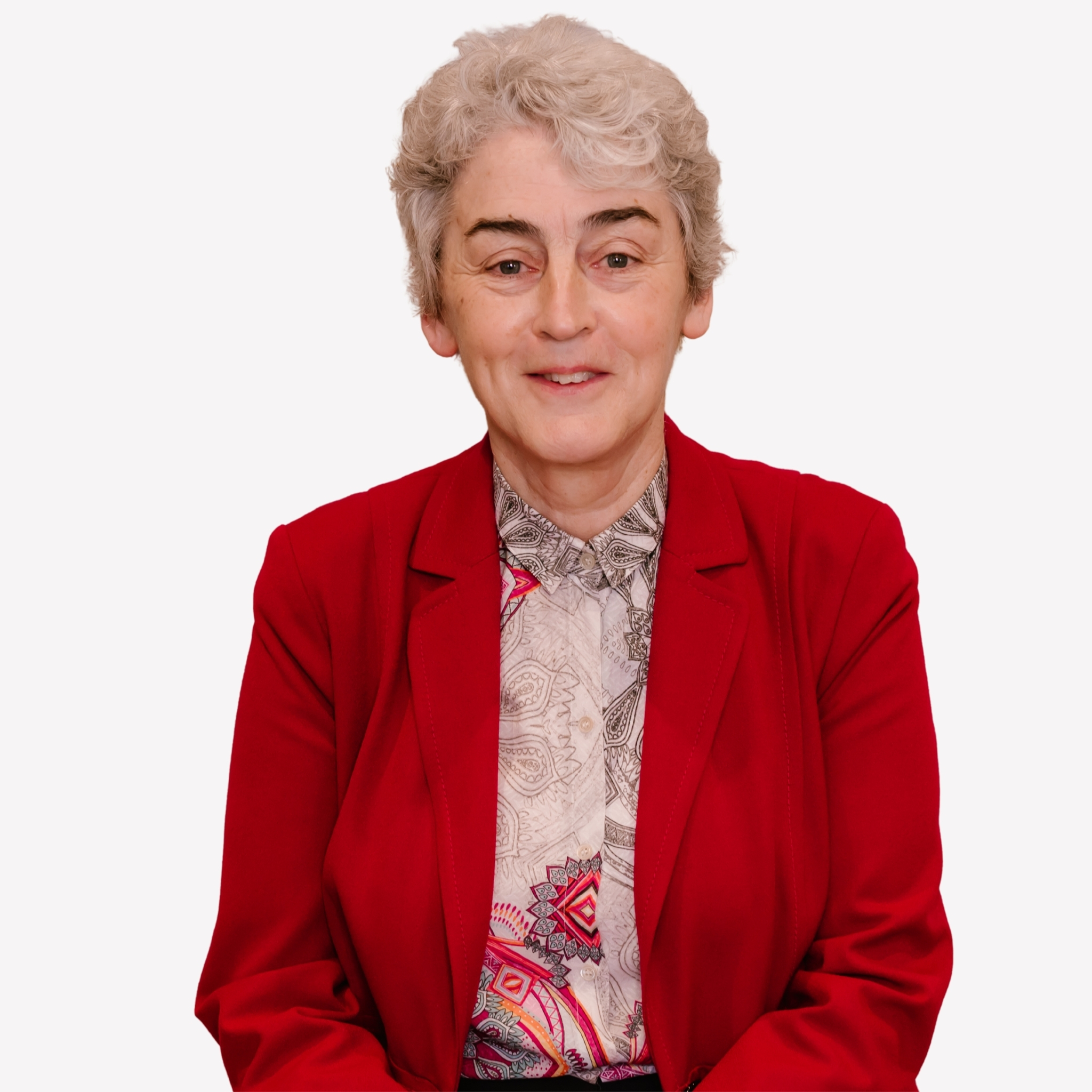
The Government has been accused of erasing the contribution of women religious from its official programme for St Brigid’s day, with just one event in Irish embassies across the world acknowledging their work.
The State has “very short memories”, according to Sr Sheila Kelleher PBVM. Only for the work of women religious, “there’d be no foundation for Catholic education, no foundation for the State at all”, she said, “but that’s not acknowledged”.
Sr Kathleen McGarvey OLA called the omission a “blindness, whether its conscious or unconscious”.
Founder of the Children’s Grief Centre, Sr Helen Culhane of the Sisters of Mercy, said “It’s very disappointing” the work of women religious was overlooked, asking: “By not doing it they obviously have an issue, so what is their issue?”
She also asked why many women religious won’t raise their voice and stand up for themselves, saying: “Where is the voice of women religious? They don’t want to be quoted. I’ve been interviewed by journalists for the last 17 years, I’ve never had a backlash from anything I’ve said. What witness are we giving as religious? It raises the bigger question, what are they afraid of?”
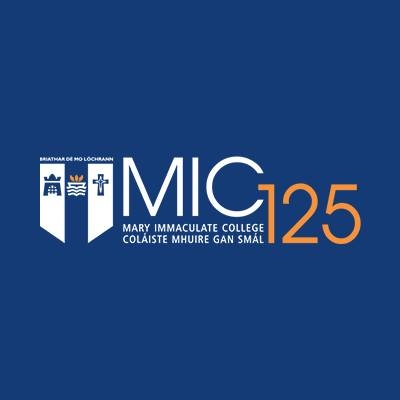
Staff at Mary Immaculate teacher training college (MIC) are “deeply frustrated” after the suspension of a historic dialogue meant to safeguard the college’s future.
Prof. President Eugene Wall’s announcement came after he and University of Limerick (UL) President Kerstin Mey failed to find “a meeting of minds” with Department of Higher Education officials on January 25.
Minister for Higher Education Simon Harris previously told the two institutions to go back to the drawing board after almost year-long negotiations failed to propose a suitable model.
Sources told The Irish Catholic, however, that staff fear the college has been left “strategically weaker” by the failed dialogue process, described as potentially “one of the most important strategic developments” in the college’s 125 year history.
According to union officials, staff were told the purpose of the dialogue was to achieve university level status and solidify MIC’s position in the higher education landscape.
Now, younger staff in particular feel the future is “very unsure and uncertain”, sources said. The dialogue made it “more unclear”, despite being intended enhance “structural alignment” between the two institutions.
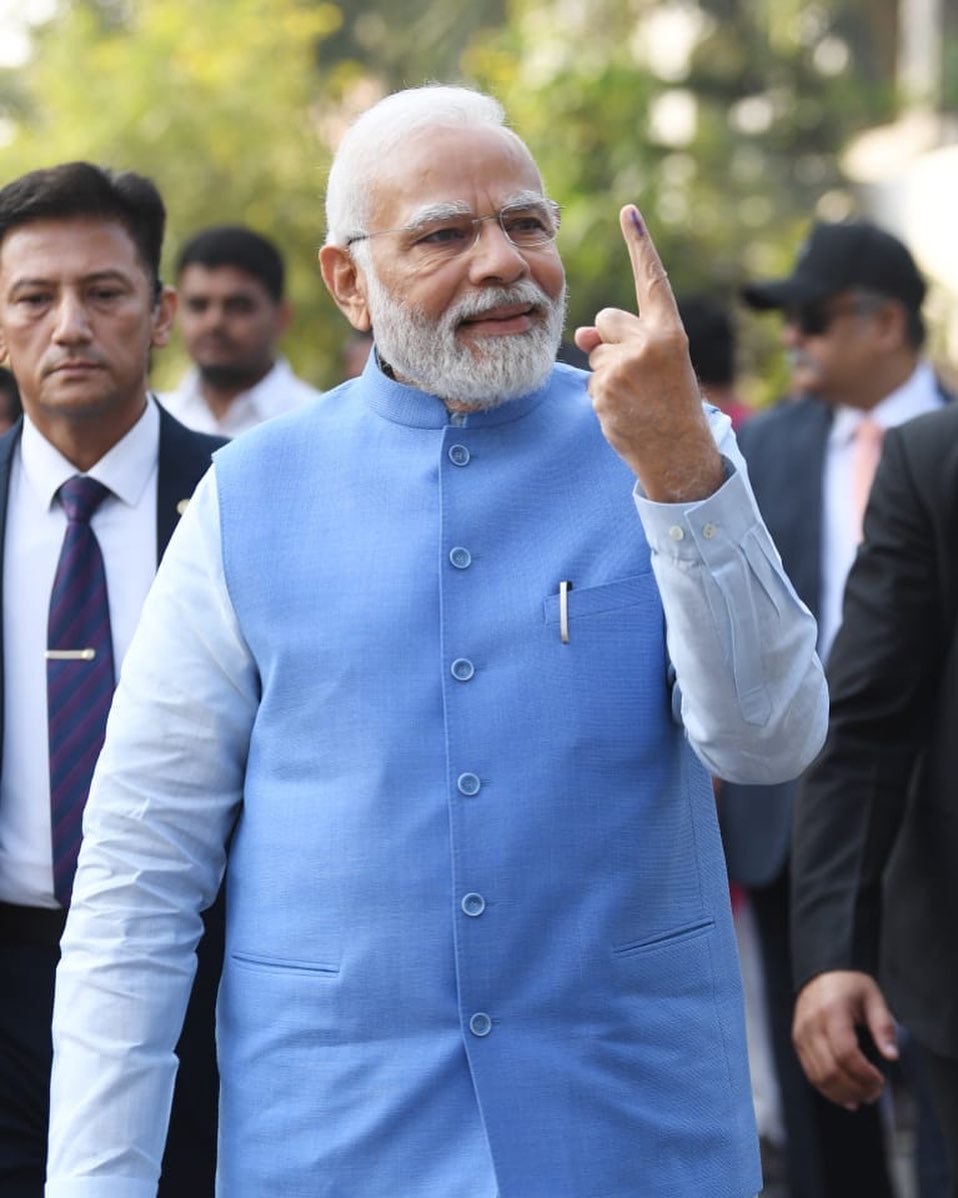
Several Protestants and a Catholic priest have been arrested in separate incidents under India’s controversial anti-conversion laws in the latest signs of a deteriorating climate for religious minorities under a Hindu nationalist government,
In the northern state of Uttar Pradesh, Father Dominic Pinto of the Lucknow diocese was arrested Feb. 5 along with six Protestants on charges of trying to convert poor Dalits, or “untouchables,” from Hinduism to Christianity, while in Assam, in far northeastern India, two American Baptists were fined Feb. 2 for engaging in religious activities that violated the conditions of their tourist visas.
According to Bishop Gerald Mathias of Lucknow, the Hindu protestors who disrupted the gathering in Uttar Pradesh and demanded police arrest the participants belonged to the right-wing nationalist group Vishva Hindu Parishad or its young wing, Bajrang Dal. He called charges that the meeting was engaging in conversion “totally false.”
“This is a gross misuse of the draconian anti-conversion law in the state,” Mathias said.
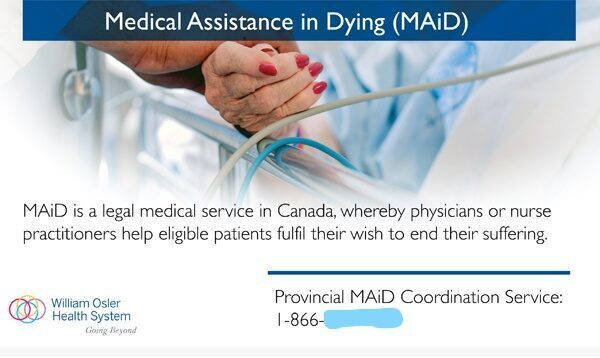
The Catholic Archdiocese of Montreal has filed a legal challenge to Quebec’s euthanasia legislation, arguing that it violates religious freedom.
The lawsuit says the Catholic Church should be exempted from a section of the law requiring all palliative care homes in the province to offer euthanasia.
It says the law is forcing the Church to choose between allowing a procedure it finds morally unacceptable or abandoning its palliative care centre. Since 2019, St. Raphael’s has sent patients requesting MAID [Medical assistance in dying] to provincially run facilities, but the church says it should not be forced to provide medically assisted deaths on its property.
The office of Archbishop Christian Lépine says palliative care homes should have the same right as medical practitioners to refuse to offer services they are morally opposed to.

‘Hindu supremacy’ is “the greatest threat” to religious freedom in India since the assassination of Mahatma Gandhi, according to a prominent Indian journalist.
Speaking at the International Religious Freedom Summit, Arfa Khanum Sherwani said the “ideology that is responsible for the assassination of Gandhi… is ruling India right now”.
He called rising anti-Muslim violence a “state persecution of Indian Muslims”.
Another session featured Nadine Maenza who said: “We see Hindu nationalists in coordination with the controlling BJP government, targeting ‘the Other,’ including Muslims, Christians, Sikhs and other religious and ethnic minorities”.
“The hate speech and religiously discriminatory policies and laws have led to violent attacks, including sexual violence against minorities within communities,” said Maenza.
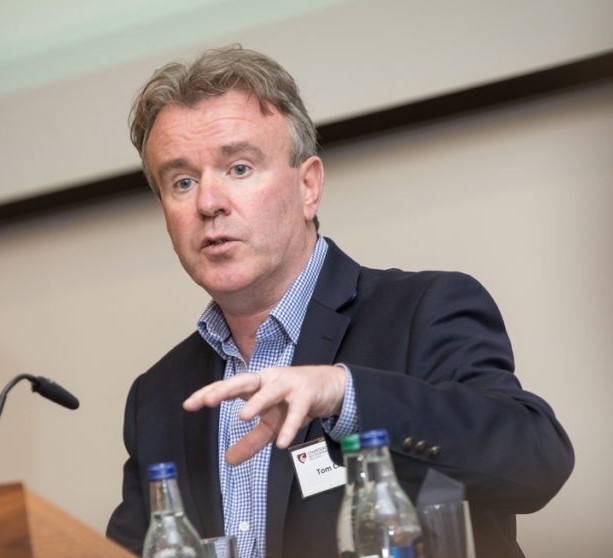
A prominent disability campaigner and independent Senator has called for a ‘No’ vote in the upcoming ‘carers’ referendum.
Dr Tom Clonan who cares for his son who suffers from scoliosis, wrote on X that the Govt’s wording of the ‘care’ amendment has been very carefully chosen “to Define ‘Care’ as Exclusive Responsibility of ‘The Family’ i.e. Unpaid Carers 98% of Whom are Women & Girls. The Word ‘Strive’ Gives Govt & @HSELive Opt Out & No RIGHTS to #Disabled”.
He added that he was “Voting NO!”
Senator Clonan was responding to a claim by Children’s Minister, Roderic O’Gorman, that a yes vote would help secure funding for disability services and carers. Dr Clonan retweeted a comment by children’s rights solicitor, Gareth Noble, who said, “I fear this is absolute nonsense and I really wish they wouldn’t use people who need support to gain [political] support for themselves”.
Senator Clonan has previously said that the ‘care’ amendment is a “Patriarchal Opt-Out” for the State & the HSE as the vast majority of unpaid carers are women. He called instead for the Govt to ratify the United Nations Convention on the Rights of Persons with Disabilities (UNCPRD).

The expansion of an infanticide law to cover children aged 1 to 12 went into operation in the Netherlands on Thursday Feb 1st.
The Government announced in April last year that the “Late Termination of Pregnancy and Termination of Life Regulations for Newborns (LZA/LP)” would be “amended and expanded to include termination of life in children aged 1-12 years”.
A press release said the change would apply to terminally ill children with unbearable suffering, and would involve “about 5 to 10 children every year”.
The regulation previously allowed the euthanising of infants aged 0 to 12 months.
Dutch Health Minister Ernst Kuipers opted for a regulatory change instead of a new law as, he said, there aren’t enough examples to arrive at a standard for legislation.
The Netherland’s already allows for the euthanasia of children over the age of 12, so this latest change makes euthanasia a possibility at every stage of life.
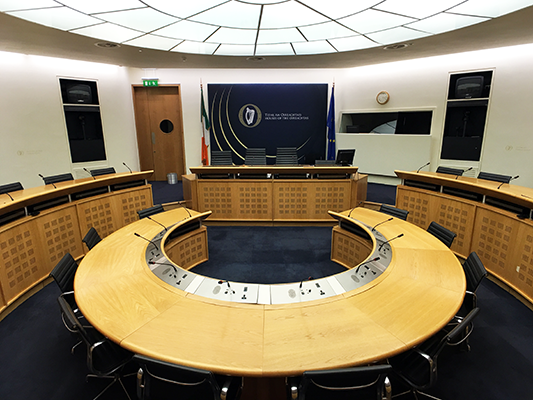
A Danish ethics agency has warned an Oireachtas Committee against legalising assisted suicide.
The Danish National Council on Ethics roundly rejected a legislative proposal in Denmark last year by a vote of voting 16 to 1.
Speaking to the Oireachtas committee on Tuesday, Prof. Merete Nordentoft said the council came to their decision having reviewed the models of assisted dying in Oregon and the Netherlands.
Their review had found that in Holland, which allows euthanasia and has no requirement for terminal illness, “the number of people who die through assisted dying is 10 times greater than in Oregon, which only allows assisted suicide and requires a terminal illness”.
She said the Council decided “an institutionalisation of assisted dying therefore risks threatening the principle that we have the same claim to respect and dignity, regardless of how much we suffer and how high the quality of life is assessed to be.
“If we offer assisted dying, it says, directly or indirectly, that some lives are not worth living.”
“We argue that assisted dying risks causing unacceptable changes to basic norms for society and healthcare,” she told the Oireachtas Committee.
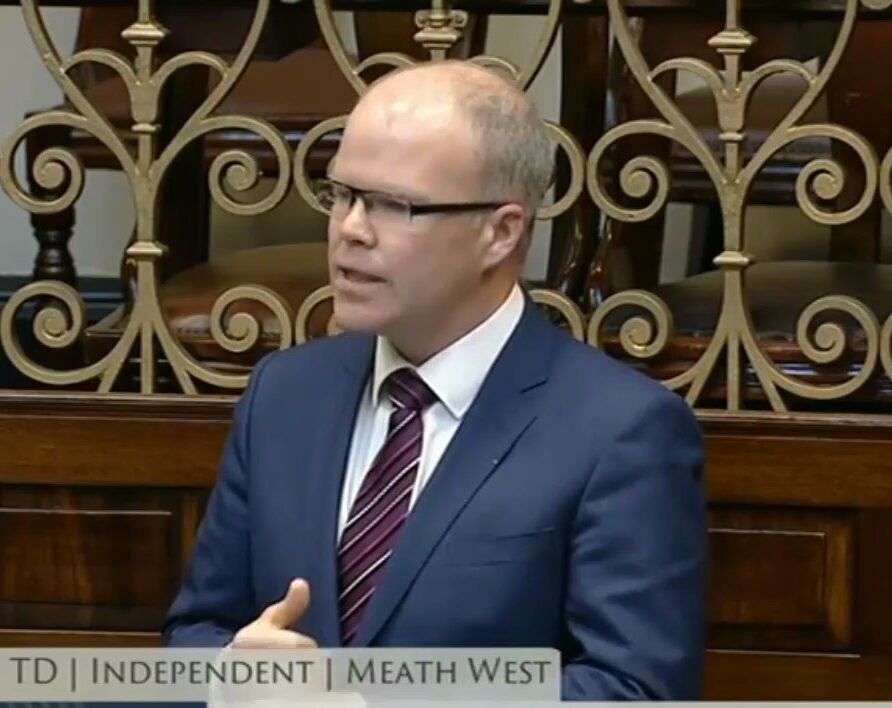
Aontú has decided to oppose the upcoming government referendums on the work of mothers and on the family.
Leader Peadar Tóibín TD said the party broadly accepted that some of the current wording of the constitution is “archaic”, and they would have supported a change, but not the current proposals.
“The Government’s amendments are exceptionally poorly written. The language in these amendments is unclear, confused and offers no material help or rights to families or carers”, he said.
“The Constitution is our fundamental legal document. It contains the core rights of citizens and defines the roles and responsibilities of the State. It is not the location for empty virtue signalling from the government in an election year”.